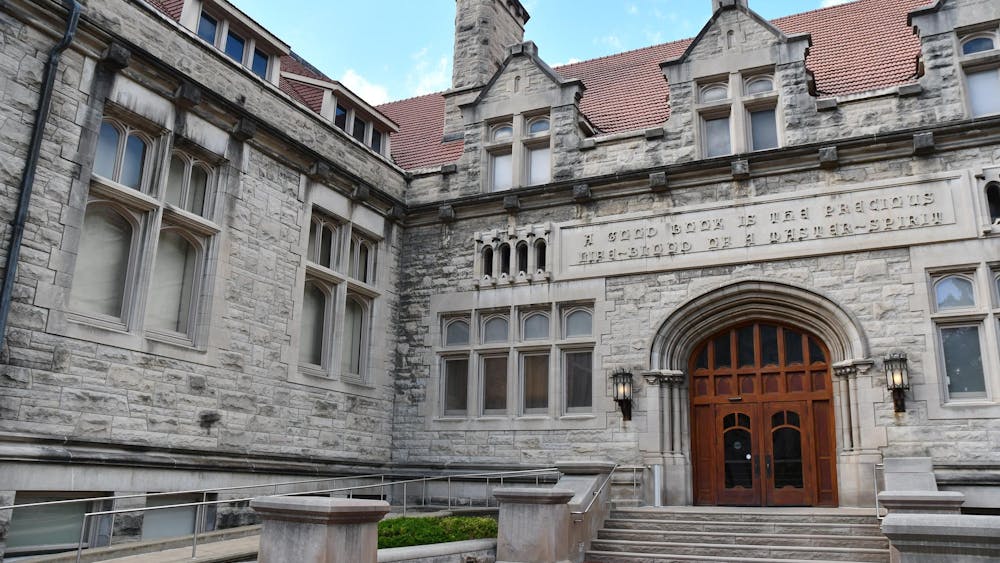Education should prepare students to be successful not just by government-approved standards but also by standards suited to the goals they have for their futures.
To do this, the public educational system should engage its students on more than a purely academic level.
The results of the 2017 Poll of the Public’s Attitudes Toward the Public Schools indicate Americans want high schools to provide more for their students than the traditional academic training at the center of the current structure.
Even if students would end up spending less time in academic classes, 86 percent of Americans surveyed support the implementation of career-oriented courses or work experiences that provide “certificates or licenses qualifying students for employment in certain fields.”
A panel on education in the Indiana state legislature is currently working on providing those opportunities to students as alternative routes for fulfilling their graduation requirements.
This restructuring of the public educational experience would enable students to be more proactive and autonomous in shaping their futures.
It is reasonable to suppose increases in agency and creativity would foster a stronger spirit of engagement and fulfillment.
The benefits an education provides should manifest at both the community and individual levels, which means we should be willing to look beyond conventional metrics of success to ensure education improves an individual’s quality of life.
The Indiana panel, which is composed of 14 business and education professionals, is also considering substitutive requirements for students who struggle with standardized tests.
Students who do not pass their 10th grade ISTEP exams, for example, could still qualify for graduation by succeeding in the proposed career certification courses or in Advanced Placement or dual credit courses.
Students who succeed by metrics relevant beyond the context of high school graduation requirements should still be considered successful, even if their scores on national and state standardized tests are not considered satisfactory.
This notion becomes especially compelling in light of the concerns that experts like Daniel Koretz, a professor of education at Harvard University, have about the efficacy of such tests.
“Policymakers have ignored the fact that tests capture only some of what we want students to accomplish and even less of what we want schools to do,” Koretz said. He also said that tests have “created perverse incentives that led educators to cut corners and inflate scores.”
This is damage the Indiana panel’s reforms could undo.
The incorporation of practical skills and work experience into high school education will give students a better sense of their aptitudes and passions. This insight, alongside their traditional academic training, could help them make more informed decisions about the post-graduation paths they want to pursue.
Whether students intend to continue their education at a university or join the workforce right away, coursework and internships providing them with industry knowledge and connections will equip them with more effective resources to use while they refine their sense of themselves.
As Jason Bearce of the Indiana Commission for Higher Education has said, “If we want to prepare our students to weather good times and bad times, they need more than just a diploma.”





